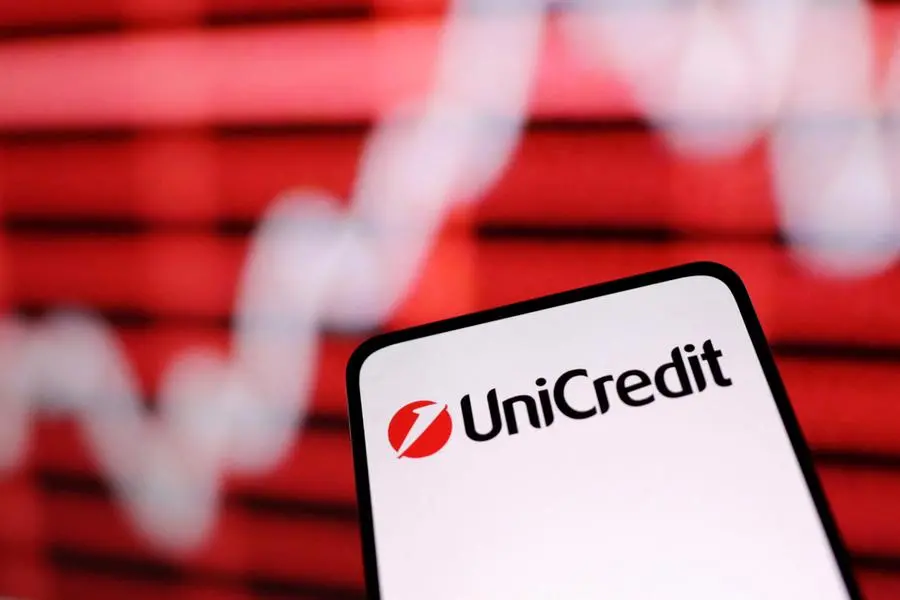PHOTO
MILAN - Plans for a digital euro will be a "very good" thing for the currency bloc and its lenders if banks remain central to the flow of money as they are at present, UniCredit Chief Executive Andrea Orcel said on Tuesday.
"It's a matter of sovereignty for Europe: we cannot not have a digital euro," Orcel told a conference organised by Italian bank Mediobanca.
The European Central Bank is looking to launch a digital currency that could reduce the euro zone's reliance on legacy electronic payment systems operated by U.S. companies, such as Visa or Mastercard, and counter the emergence of non-European online payments providers such as Paypal.
"I think the question is how it will happen: ... are banks going to be the infrastructure and the framework for a digital euro like they are for the cash euro?," Orcel said.
"If banks are fully integrated, i.e. 'Dear Customer, you can have cash or you can have digital' ... then it's seamless and it will be very good for Europe and very good for banks," he added.
A parallel system to banks for the digital euro, on the other hand, would significantly impact the sector by bringing about big changes in banks' business model which is already undergoing a transformation, the former UBS investment banker said.
"More changes for the sector. We're preparing for that, whichever is the case," he said.
Holding a presentation in April to the Italian banking association over the digital euro, ECB Executive Board member Piero Cipollone showed in slides that commercial banks would be responsible for offering digital euro services to customers.
While that service would be provided free of charge for consumers, merchants would pay a fee to the payment service provider handling the digital euro payment, which in turn would pay a fee to the commercial bank.
(Reporting by Valentina Za, editing by Cristina Carlevaro and Keith Weir)





















